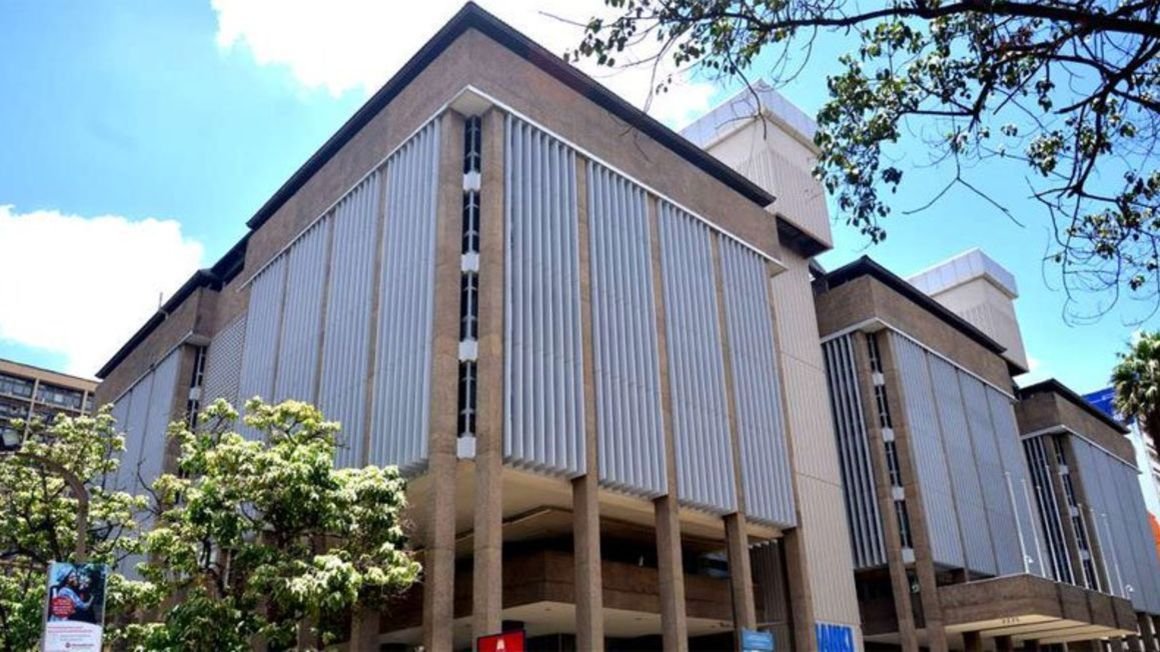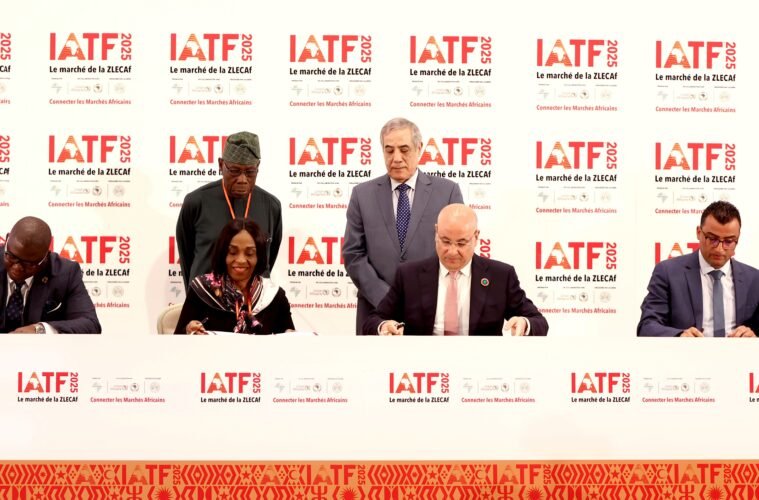
Kenya: Foreign banks’ business in Kenya falls Sh12 billion
Representative offices of foreign banks in Kenya contracted marginally last year, hampered by continued constraints in international trade in the period as economies reopened from Covid-19 restrictions.
Central Bank of Kenya (CBK) data contained in the 2021 annual banking supervision report shows that the nine representative offices conducted business worth $3.3 billion (Sh385.2 billion in today’s rate) compared to $3.4 billion (Sh397 billion) in 2020.
They remained well below the $4.67 billion (Sh545.2 billion) transacted in 2019.
Representative offices carry out research, marketing and liaison roles on behalf of their parent banks. They are however barred from conducting commercial banking services which include deposit-taking unless they open a full-fledged subsidiary or branch.
They recorded significant jumps in volumes in correspondent banking and specialized finance, while trade finance deals fell in the period.
Their correspondent banking deals rose from Sh37.4 billion in 2020 to Sh78.6 billion last year. Correspondent banking involves transactions originating from other overseas branches conducted through the Kenyan office where the local parties or partners are based.
Specialized finance deals rose from Sh23 billion in 2020 to Sh50.7 billion last year, while there was also a Sh2.5 billion increase in corporate finance deals to Sh12.7 billion.
They were however held back by steep falls in trade and project financing deals last year, which indicated fewer companies looking to set up base in the country compared to the previous year.
Trade finance deals, which are the biggest line of transactions the offices handle, fell by Sh12 billion to Sh129.1 billion last year. Project finance deals shrunk from Sh20.1 billion in 2020 to Sh1 billion last year.
Global trade was heavily disrupted from 2020 as economies locked down in a bid to prevent the spread of the Covid-19 pandemic. This also translated to more conservative investment activity, thus reducing cross-border financial flows that fuel the business of representative offices.
While many economies reopened from the beginning of last year, supply chain disruptions meant that activity did not pick up fully until later in the year, partly due to pent-up demand overwhelming international shipping.
















